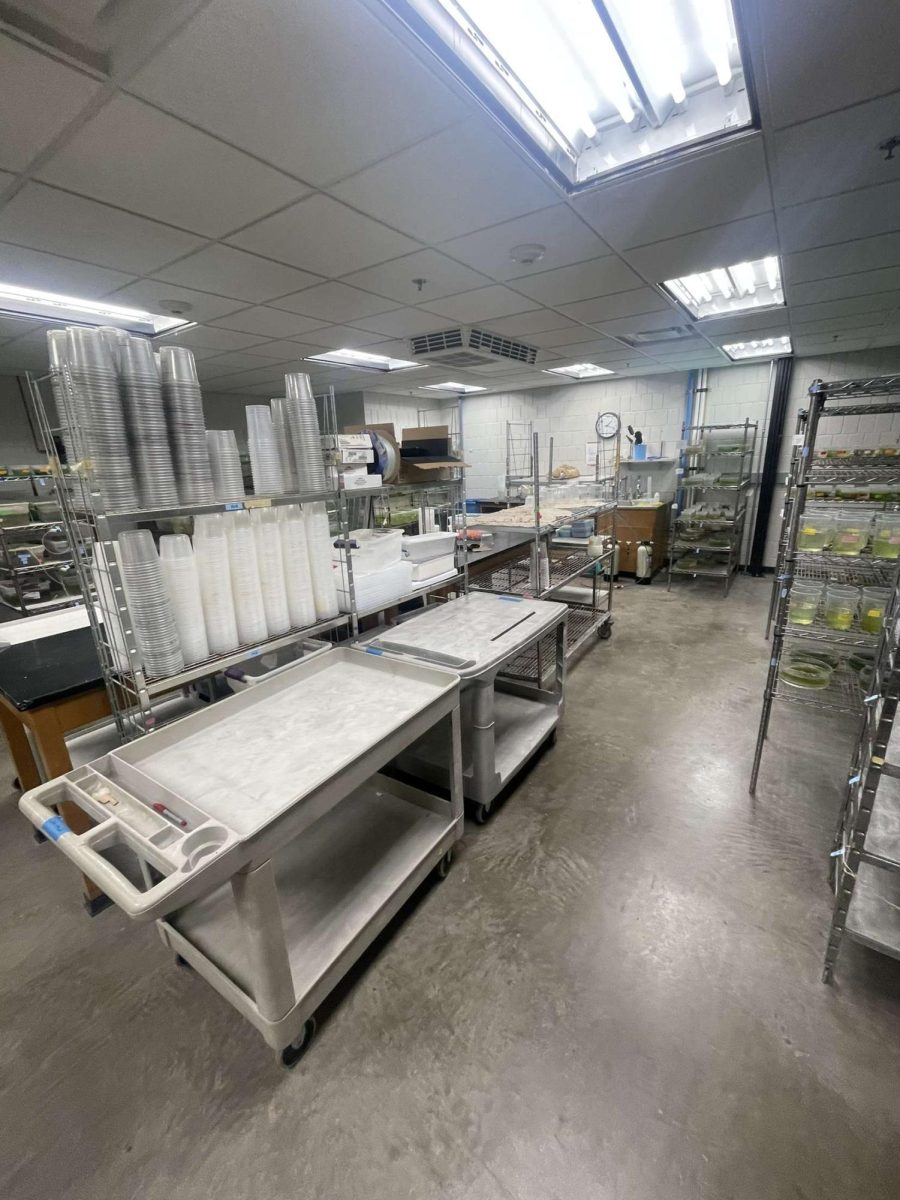In 1957, Soviet scientists launched a rocket containing the first living animal to orbit the Earth, a street dog named Laika. In 1996, researchers in Scotland cloned the first mammal from an adult somatic cell. Since ancient Greece, animals have been used in scientific and medical research, serving as the catalysts for many groundbreaking discoveries.
The ethics of using animals in scientific research is heavily debated. Many animal rights activists argue that the practice is inhumane and unethical, causing permanent injury or death to animal test subjects.
Supporters argue that animal experimentation has contributed to the most important medical breakthroughs throughout human history. Treatments including insulin therapy, modern anesthesia, mental health treatments and the discovery of hormones were all developed through tests done on animals.
“Personally, I think the findings from animal research can outweigh the ethical [concerns],” said Omar Abou Ghanima (he/him), 12. “But also, I feel like there’s an extent. If you’re not getting valuable information out of animal testing, [it] shouldn’t be done.”
Over the summer, Abou Ghanima participated in an internship through the University of Iowa’s Department of Biology and the Neiman Lab, where he researched aquatic snails.
“We took a certain type of snail, put them in water and then put menthol crystals in the water [which] acts as like an anesthetic for submarine species,” said Abou Ghanima. “To test if they were anesthetized or not, we would… take a needle and under a microscope, poke them. If they have a reaction to it, then it wasn’t a success.”
Noel Titus (he/him), 12, also participated in an internship through the Department of Biology where he conducted research on mice.
“We were cutting up brains to see different structures and how [the brains] operate when the mice are under stress,” said Titus. “[It was] a sleep lab, so we would look at their neurons to see how REM (Rapid Eye Movement) sleep works.”
Titus also expressed his opinion on the ethics of animal research.
“If they’re getting findings that are relevant to how humans function, then I think [it’s worth it], but if they’re not, if they’re consistently just decapitating all these mice to find nothing, then it’s not [worth it].”
After high school, both Abou Ghanima and Titus plan to pursue careers in the medical field, where animal research is often deemed necessary for the development of many medications and procedures.
Prior to 2023, U.S. federal laws and regulations required animal tests for proof of safety and effectiveness before moving to human trials. Now, however, the Food and Drug Administration (FDA) is encouraging the development of alternative methods, such as petri dish testing and computer modeling (fda.gov).
As the medical field continues to make new discoveries, the debate will carry on, leaving the future of animal testing undecided.










